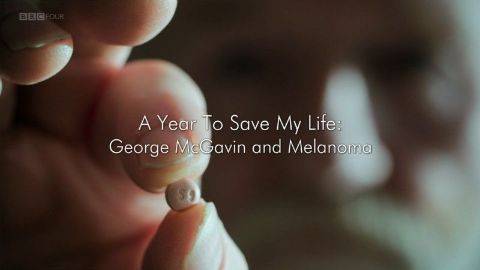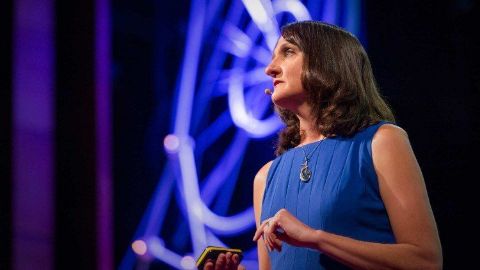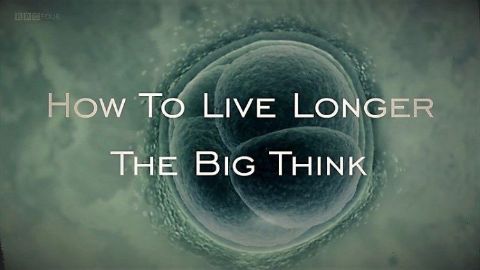You might also like
After being diagnosed with a rare and deadly form of malignant melanoma - acral lentiginous melanoma - Dr George McGavin embarks on a highly emotional and deeply personal journey as he goes through treatment for his cancer. George’s treatment is targeted drug therapy, using drugs approved for use by the NHS only weeks before his diagnosis. During this journey, he is given unprecedented access to the process and science behind his medical treatment and diagnosis. He also meets some of the most highly regarded scientists in the field of cancer research in his quest to understand not just his disease but what the future holds as a whole for cancer treatment. Amongst them are Professor Sir Michael Stratton, director of the Wellcome Sanger Institute and chief executive officer of the Wellcome Genome Campus, whose work resulted in the discovery of the mutation in the B RAF gene responsible for his form of melanoma. George also travels to Houston, Texas to meet Professor James P Allison, winner of the 2018 Nobel Prize in Medicine, to find out about his pioneering work in the field of immunotherapy - the greatest breakthrough in cancer research in a century. Back home in his own hospital, he meets a unique group of stage four melanoma patients who owe their lives to Professor Allison’s work. Ultimately, his journey culminates when he receives his prognosis, after three months of treatment, which will determine his future. Will these groundbreaking drugs actually work?
2019 • Health
In the US, 80% of girls have been on a diet by the time they're 10 years old. In this honest, raw talk, neuroscientist Sandra Aamodt uses her personal story to frame an important lesson about how our brains manage our bodies, as she explores the science behind why dieting not only doesn't work, but is likely to do more harm than good. She suggests ideas for how to live a less diet-obsessed life, intuitively.
This is the breathtaking story of Daniel Tammet. A twenty-something with extraordinary mental abilities, Daniel is one of the world's few savants. He can do calculations to 100 decimal places in his head, and learn a language in a week.
2005 • Health
After drinking a few glasses of water on a hot day, you might be struck with a sudden ... urge. Behind that feeling are two bean-shaped organs that work as fine-tuned internal sensors.
Alzheimer's disease is the most common cause of dementia, affecting over 40 million people worldwide. And though it was discovered over a century ago, scientists are still grappling for a cure.
Our lifespan is increasing by 2.5 years every decade - and a third of all babies born today can expect to live to 100. But living longer can come at a cost. Old age itself brings with it a range of debilitating illnesses, many of which are the result of accumulating damage during our lifetime. Three diseases in particular have become the main killers in the developed world - cancer, heart disease and dementia. But a revolution in bio-medicine is now offering new hope for the treatment of these ailments, and the potential to extend our lives still further. Methods such as gene editing and stem cell therapies are transforming the way medicine can conquer disease today. These extreme frontiers of medicine do, however, also come with a range of ethical dilemmas - when is the right time to try out an experimental technique on a patient? Should we gene edit human embryos? And is it right to use cells from aborted foetuses for medical treatments?





